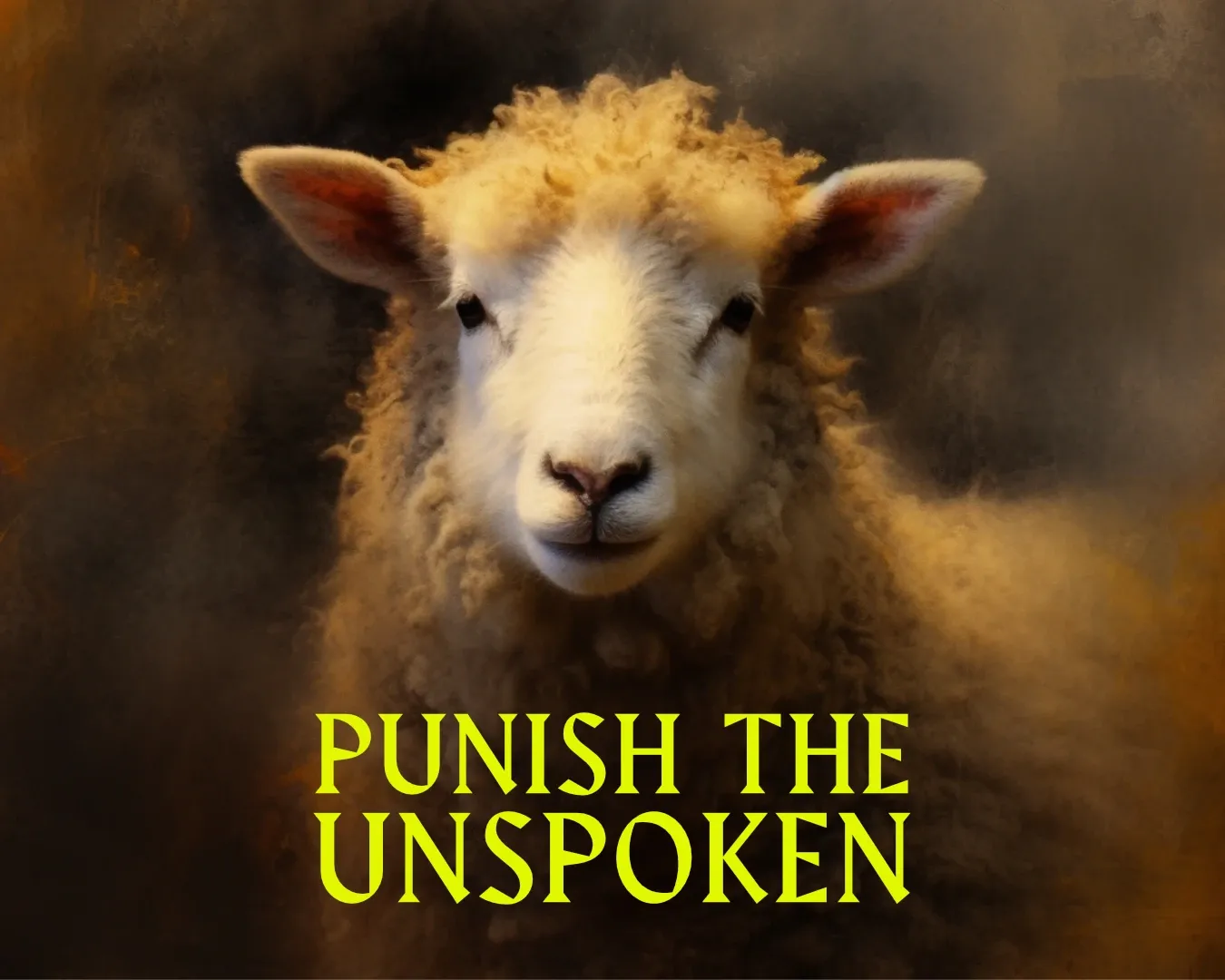💌 House Words
Simple lorecraft for individuals and teams.
The dangerlam and I have an odd set of House Words—our family motto, if you will. Words that would be stitched unto our house banner (replete with its own tinctures, charges, lambrequin and so on). Our House Words are:

Hoho, I know. It’s not terribly ‘on brand’, and neither of us particularly like it—yet I suspect there remains a perverse part of us that does. 😈
